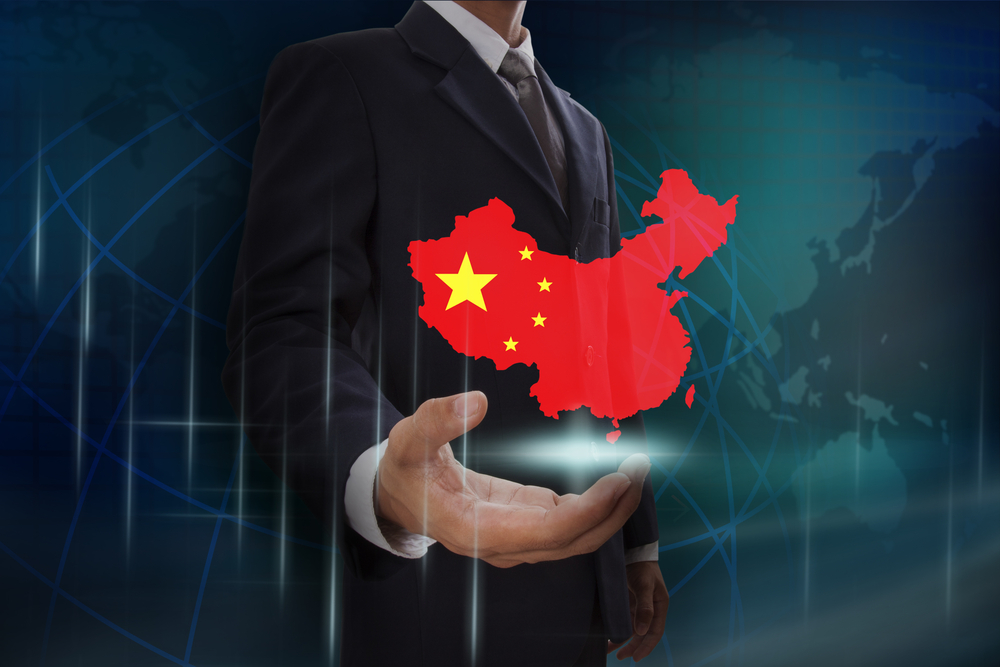South China Sea Arbitration Implications on ASEAN Investors: an Overview
By ASEAN Briefing
Posted: 3rd August 2016 08:12
In a landmark case, the Hague’s Permanent Court of Arbitration delivered a unanimous decision earlier this month supporting the Philippines in its territorial dispute with China over part of the South China Sea. The case brought by the Philippines was the first time the Chinese government had been brought before an international court.Many companies and investors within ASEAN are naturally waiting to see what impact the case might have on relations between the economic bloc and China, if any. However, while the South China Sea decision has instigated a series of negative effects which might be felt in the short-term, these are widely expected to be manageable, with long-term effects minimal.
The Politics of Economics and Trade in Southeast Asia
China
On a variety of fronts, China has found itself conflicted with existing international institutions and norms. In recent years the country has objected to global climate initiatives and the promotion of the Asian Development Bank, and it is increasingly clear that the Middle Kingdom is unafraid of allowing these conflicts to escalate. Disputes in the South China Sea are another such example, albeit of a very different nature.
While the South China Sea disputes help to assert Chinese influence militarily, they naturally ostracize many key trading partners – significant assets in China’s mission to solidify its economic presence within the region. Although The Hague ruling is unlikely to threaten existing trade flows, the manner in which future conflicts are resolved will play a significant role in the ability of China to promote economic cooperation. Most significant in this respect is the Regional Comprehensive Economic Partnership (RCEP) – a key response to the U.S.’s TPP.
ASEAN
For ASEAN, the South China Sea disputes have tested the collaborative strength of the region. Many different ASEAN members are at odds with one another concerning how conflicts in the sea should be approached, with some more closely allied with China than others.
Internally within ASEAN, however, it is highly unlikely that the bloc’s disjointed response to the dispute will spread into current economic arrangements. The trading relationship within ASEAN is cemented through negotiations on the ASEAN Economic Community (AEC), and this will not change.
Third Parties
Apart from China and ASEAN, the South China Sea dispute has also increased the already public tension between the U.S. and China. Many countries in ASEAN have publically declared their interest in signing the U.S.’s Trans-Pacific Partnership (TPP), and this interest would likely intensify should China choose to sever ties with any of ASEAN’s members.
Economic Relations between China and ASEAN
Many different industries in ASEAN are dependent on Chinese imports, meaning any stop in trade relations between the two would have an immediate effect.
In recent years, China has actively pushed for economic and trade cooperation with Southeast Asia through a number of different vehicles, with the China-ASEAN Free Trade Area (ACFTA), RCEP, and the 21st Century Maritime Silk Road being three prime examples. While these efforts have done little to alleviate tensions in the South China Sea, they are indicative of how important ASEAN and China view one another as trading partners.
Looking Ahead
In the long-term, it is expected that trade relations between ASEAN and China will not substantially deteriorate, with RCEP and, to a lesser extent, ACFTA playing important roles. In the short-term, cooperation between ASEAN and China will likely be strained, but certainly will not cease.
Since its establishment in 1992, Dezan Shira & Associates has been guiding foreign clients through Asia’s complex regulatory environment and assisting them with all aspects of legal, accounting, tax, internal control, HR, payroll and audit matters. As a full-service consultancy with operational offices across China, Hong Kong, India and emerging ASEAN, we are your reliable partner for business expansion in this region and beyond.
For inquiries, please email us at info@dezshira.com. Further information about our firm can be found at: www.dezshira.com




Comments